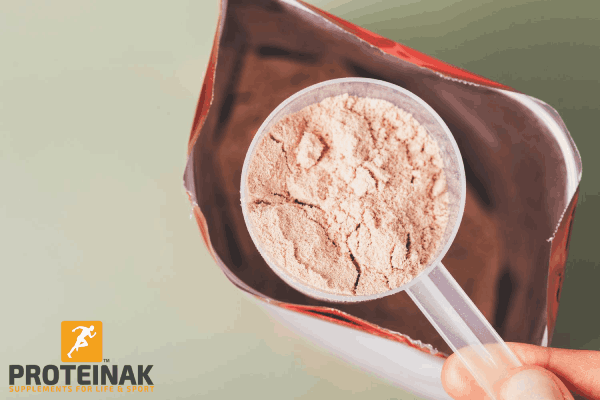Many people resort to taking dietary supplements for various purposes, and choosing the right dietary supplement can be challenging with the abundance of available options. However, the choice of a dietary supplement primarily depends on the goal. Learn in this article about the best types of dietary supplements and how to choose the right one for your goal.
Best Types of Dietary Supplements
There are many dietary supplements available for use, and when selecting a dietary supplement, it is crucial to first verify its source. It should be chosen in a way that the ingredients in its composition are of high quality and undergo numerous tests and quality checks to ensure its manufacture adheres to high standards, providing a product of high quality.
Types of Dietary Supplements:
Whey Protein:
Whey protein is a common supplement used by those engaging in regular exercise. It serves as a meal replacement for weight management and aids in muscle building. It provides various health benefits, including muscle growth, excellent protein source, blood sugar reduction, blood pressure regulation, liver detoxification, and cholesterol reduction.
Amino Acids:
Amino acids are essential units for protein synthesis and play vital roles in bodily functions such as neurotransmission, immune support, and hormone production. Selecting amino acid supplements depends on their specific roles in the body, addressing issues like brain health, immune support, and metabolic functions.
Probiotics:
Probiotics, comprising beneficial bacteria, are crucial for gut health. They aid in preventing digestive issues, supporting the immune system, and improving mental health. Choosing a probiotic supplement helps restore the balance of healthy bacteria in the gut.
Collagen:
Collagen, a protein abundant in muscles, bones, and skin, supports their structure and function. Collagen supplements contribute to bone health, tendon strength, optimal hair and nail growth, and cellulite reduction.
Vitamin C:
Vitamin C, or ascorbic acid, supports the immune system, cardiovascular health, and skin. Choosing a vitamin C supplement can address deficiencies and offer benefits like improved iron absorption, anti-inflammatory properties, and support for collagen production.
Omega-3 Fatty Acids:
Omega-3 fatty acids, primarily eicosapentaenoic acid (EPA) and docosahexaenoic acid (DHA), are essential for heart health, reducing inflammation, and preventing artery hardening. Selecting an omega-3 supplement, such as fish oil, is crucial for those with inadequate dietary intake.
These supplements can enhance overall health and well-being, but it’s important to consult with healthcare professionals for personalized advice and ensure proper dosages.



Recent Comments